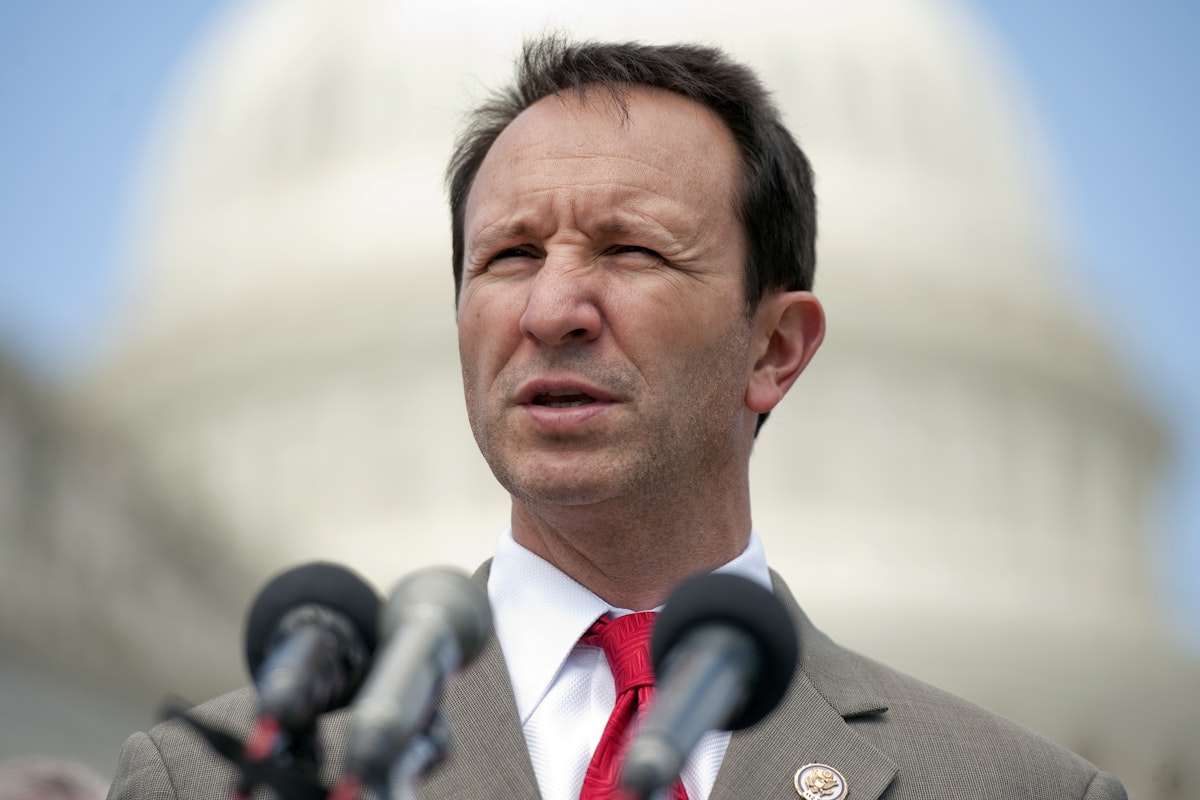Louisiana Obliterates Separation of Church and State With Wild New Law
Louisiana Governor Jeff Landry signed a law Wednesday mandating that the Ten Commandments be displayed in every public school classroom, in a startlingly clear demonstration of the blurring lines between church and state. According to the legislation, the commandments displays would be paid for through donations, not through state funds. The law also authorizes classrooms to put up the Mayflower Compact, the Declaration of Independence, and the Northwest Ordinance—but it does not require those documents to be displayed. The law describes the Ten Commandments not as the religious edict that they plainly are, but as “foundational documents of our state and national government.” If that’s truly the case, then where is Louisiana’s law requiring the United States Constitution—with its Establishment Clause prohibiting the state from instituting legislation “respecting an establishment of religion”—to be hung in “large, easily readable font”? In 1980, the Supreme Court ruled that a similar law in Kentucky was unconstitutional, because posting the commandments had a blatantly religious purpose, not a secular one. Now, it’s unlikely that the current Supreme Court would rule similarly. Violations of this particular section of the U.S. Constitution have become only too easy since the Supreme Court decision Kennedy v. Bremerton School District, the case of the coach who was dismissed for holding massive public prayers at school, only to quit as soon as he got his job back. The court’s ruling that Joe Kennedy’s prayers did not violate the First Amendment is also to thank for a spate of Satanic clubs across the country, which are now permitted to operate under the same guidance.

Louisiana Governor Jeff Landry signed a law Wednesday mandating that the Ten Commandments be displayed in every public school classroom, in a startlingly clear demonstration of the blurring lines between church and state.
According to the legislation, the commandments displays would be paid for through donations, not through state funds. The law also authorizes classrooms to put up the Mayflower Compact, the Declaration of Independence, and the Northwest Ordinance—but it does not require those documents to be displayed.
The law describes the Ten Commandments not as the religious edict that they plainly are, but as “foundational documents of our state and national government.”
If that’s truly the case, then where is Louisiana’s law requiring the United States Constitution—with its Establishment Clause prohibiting the state from instituting legislation “respecting an establishment of religion”—to be hung in “large, easily readable font”?
In 1980, the Supreme Court ruled that a similar law in Kentucky was unconstitutional, because posting the commandments had a blatantly religious purpose, not a secular one. Now, it’s unlikely that the current Supreme Court would rule similarly.
Violations of this particular section of the U.S. Constitution have become only too easy since the Supreme Court decision Kennedy v. Bremerton School District, the case of the coach who was dismissed for holding massive public prayers at school, only to quit as soon as he got his job back. The court’s ruling that Joe Kennedy’s prayers did not violate the First Amendment is also to thank for a spate of Satanic clubs across the country, which are now permitted to operate under the same guidance.


